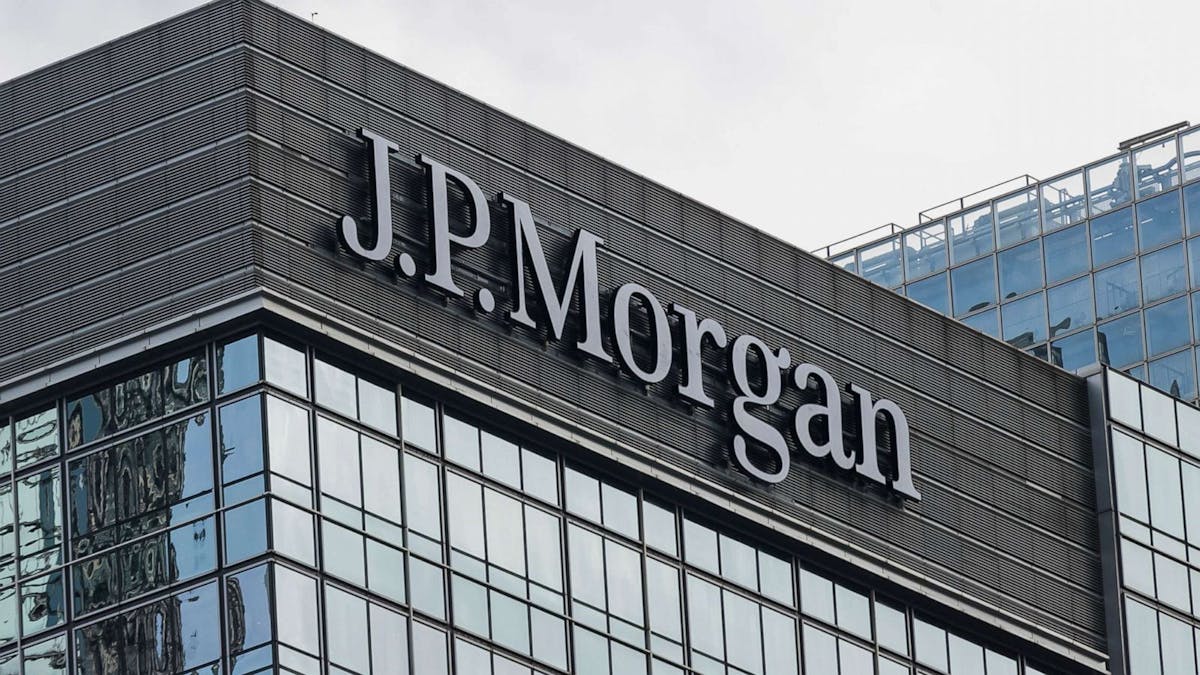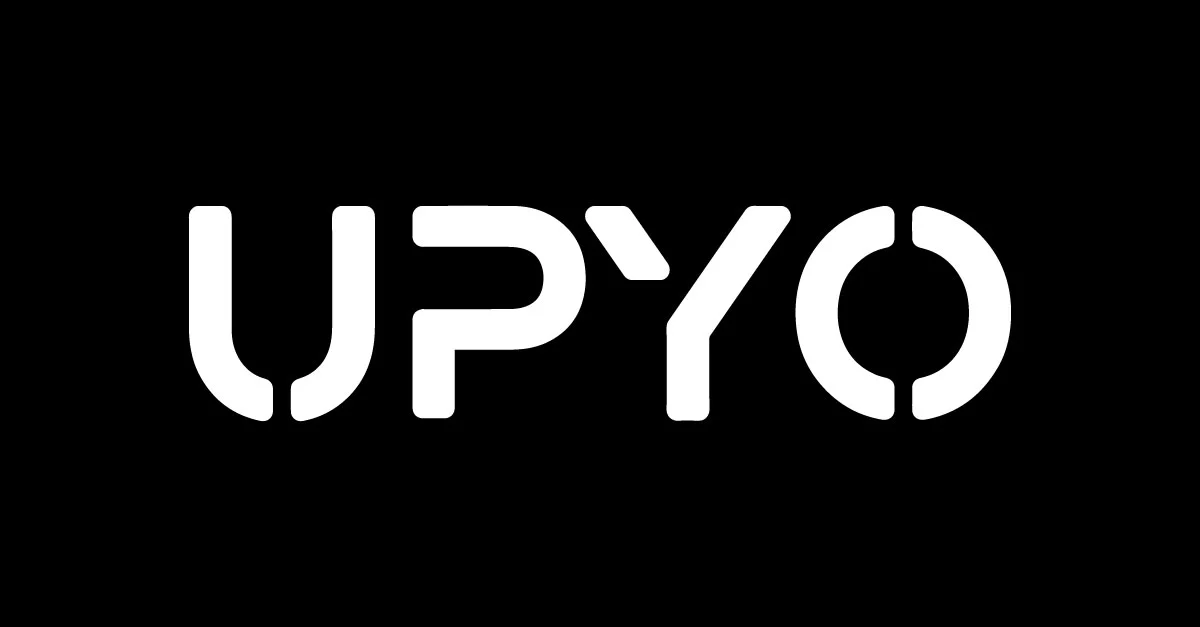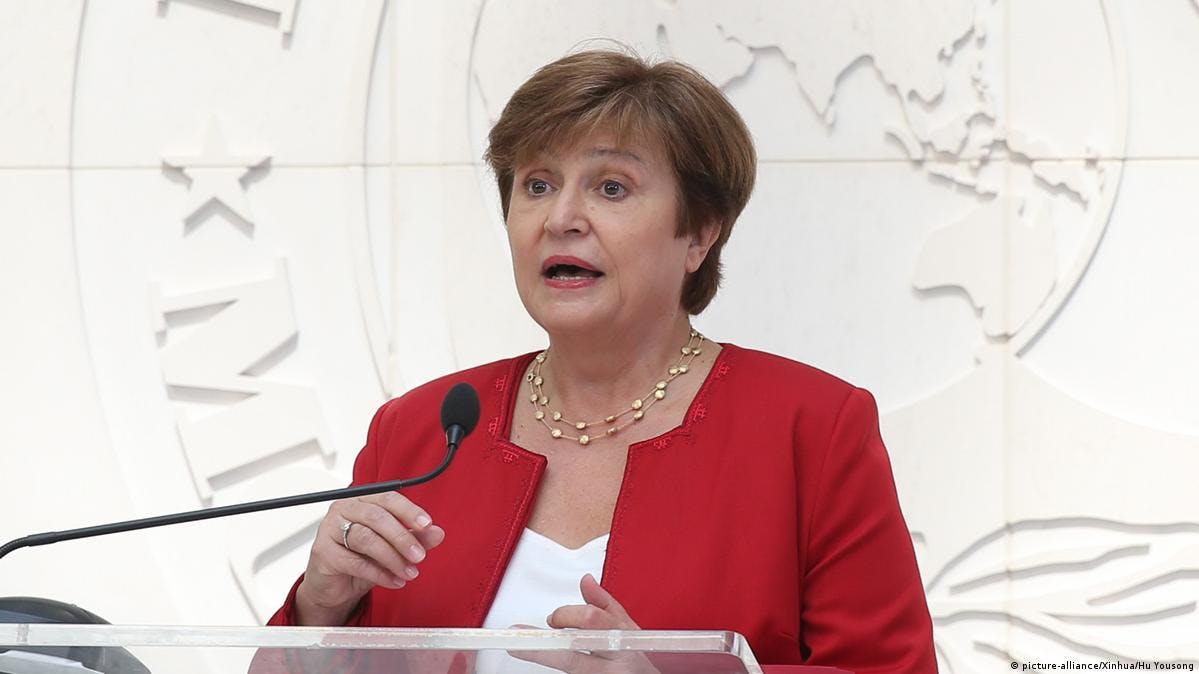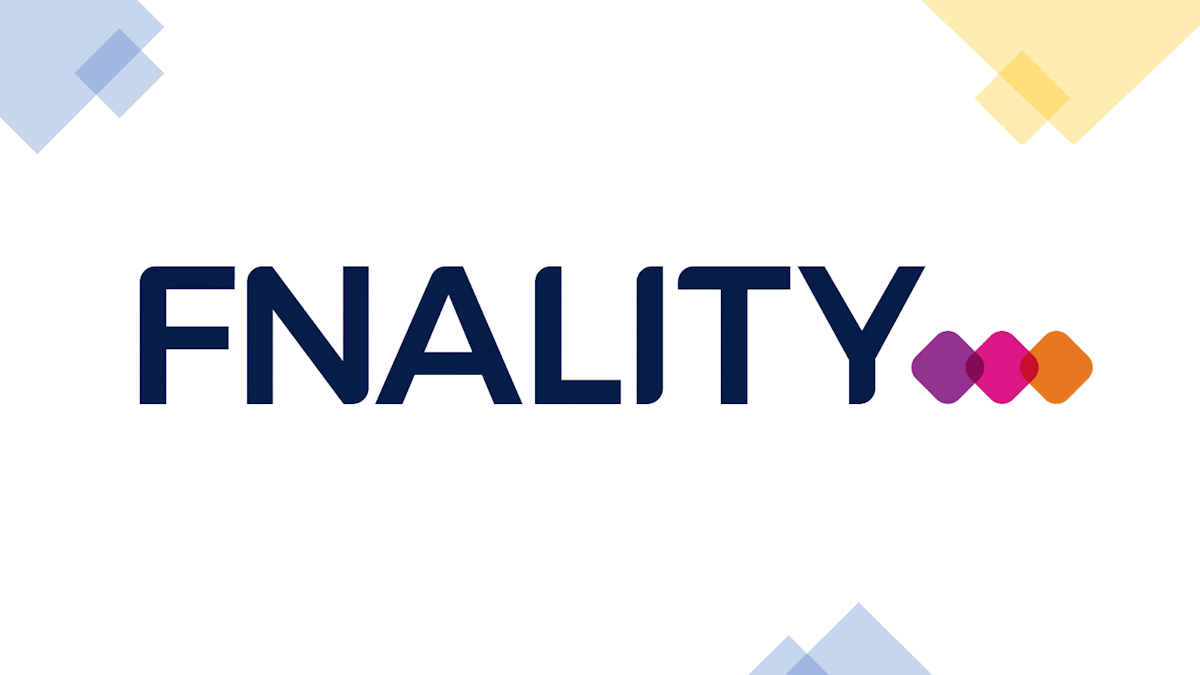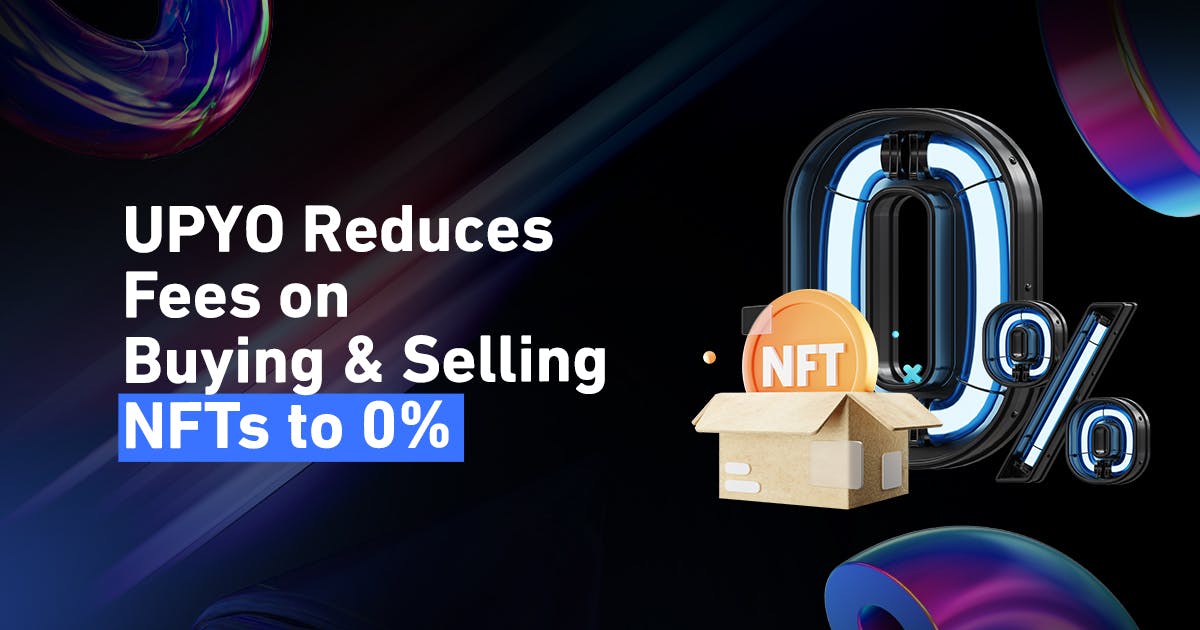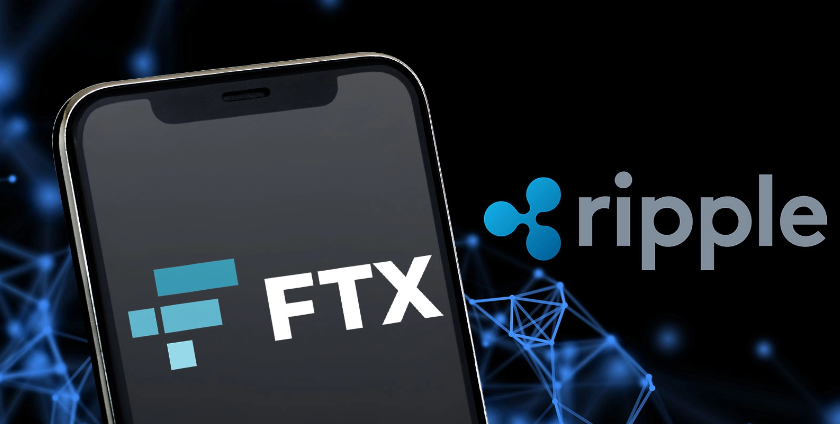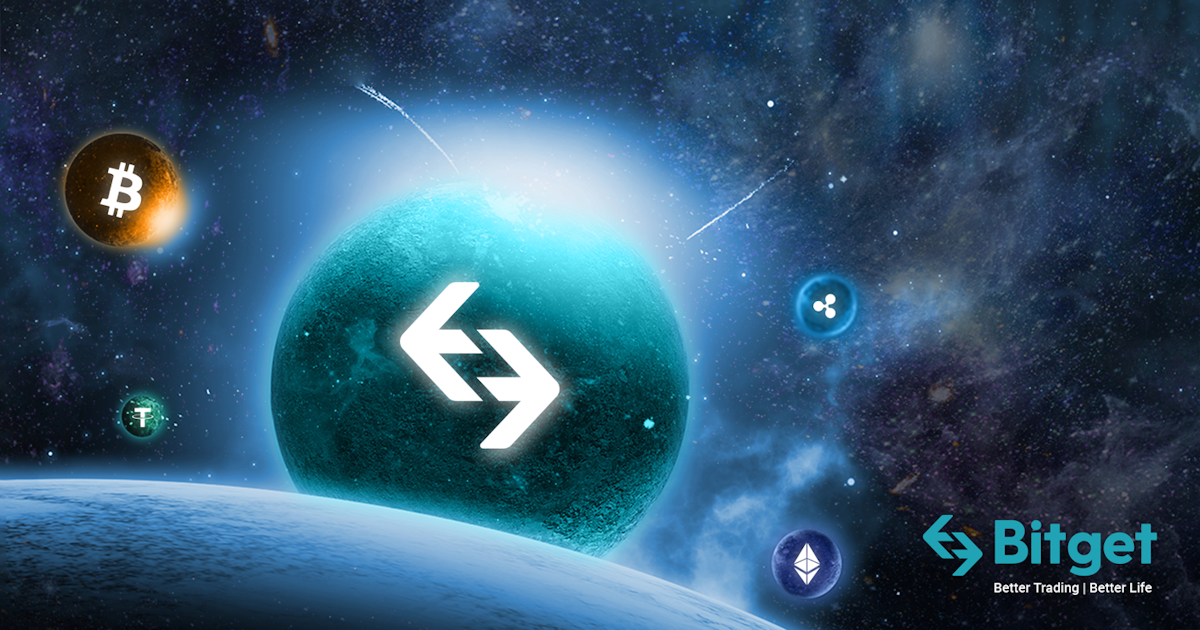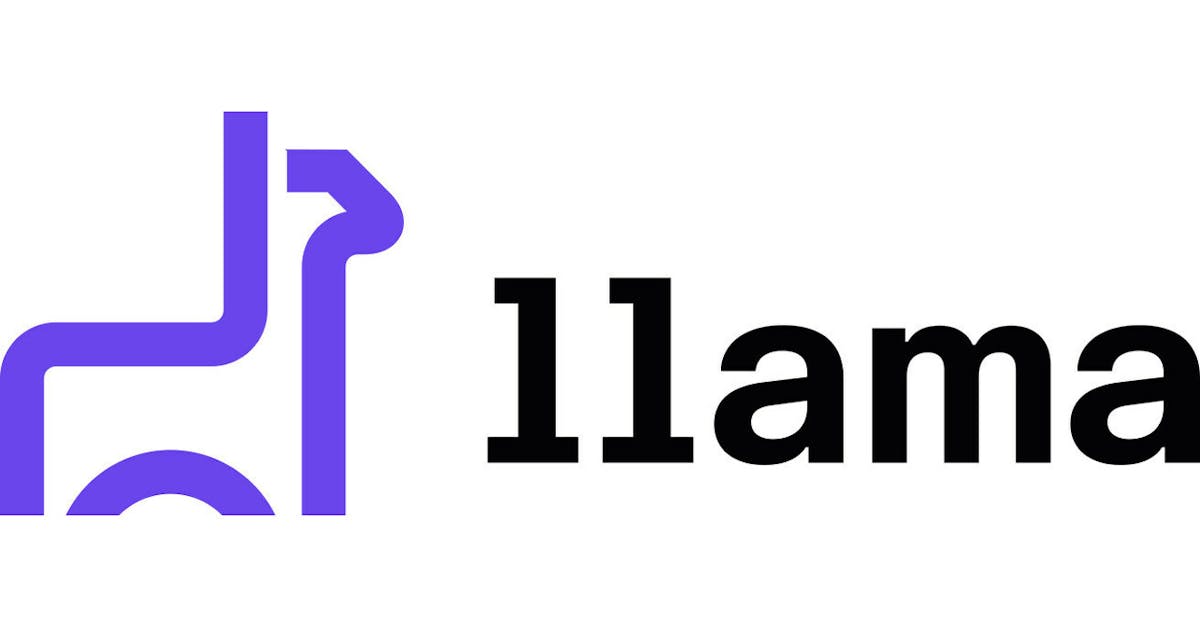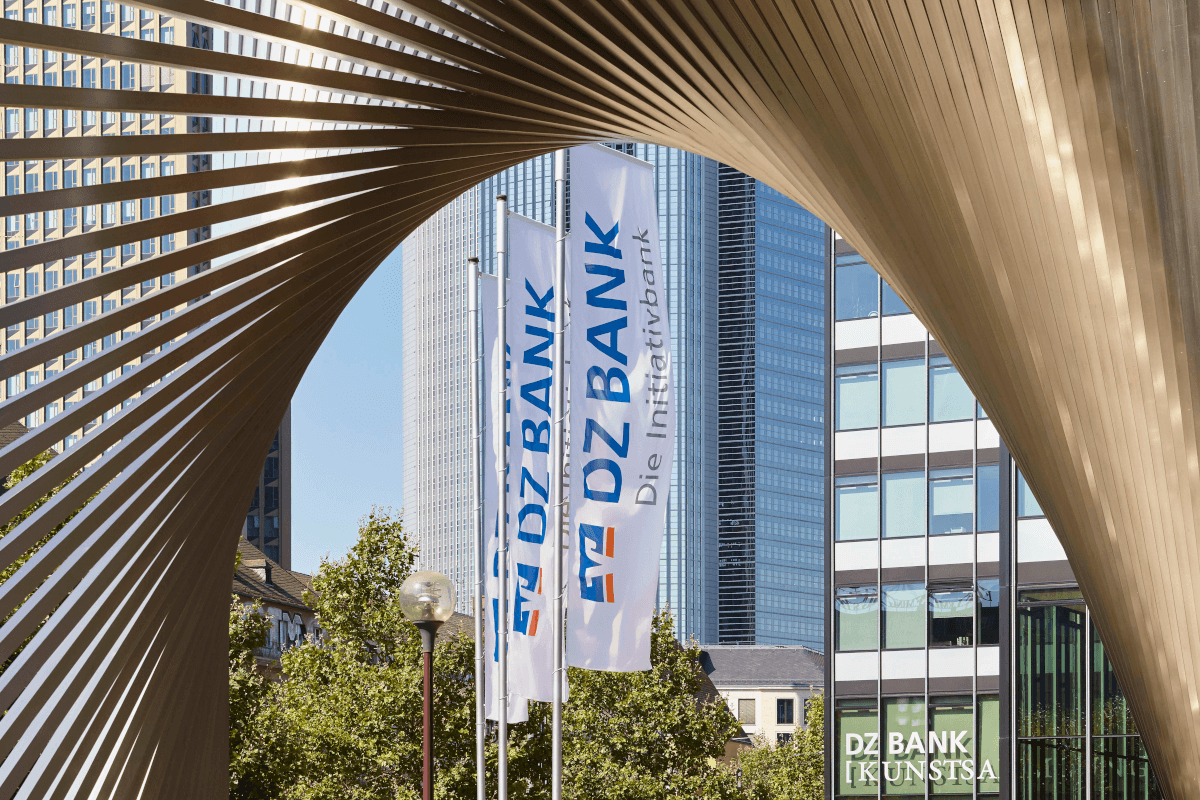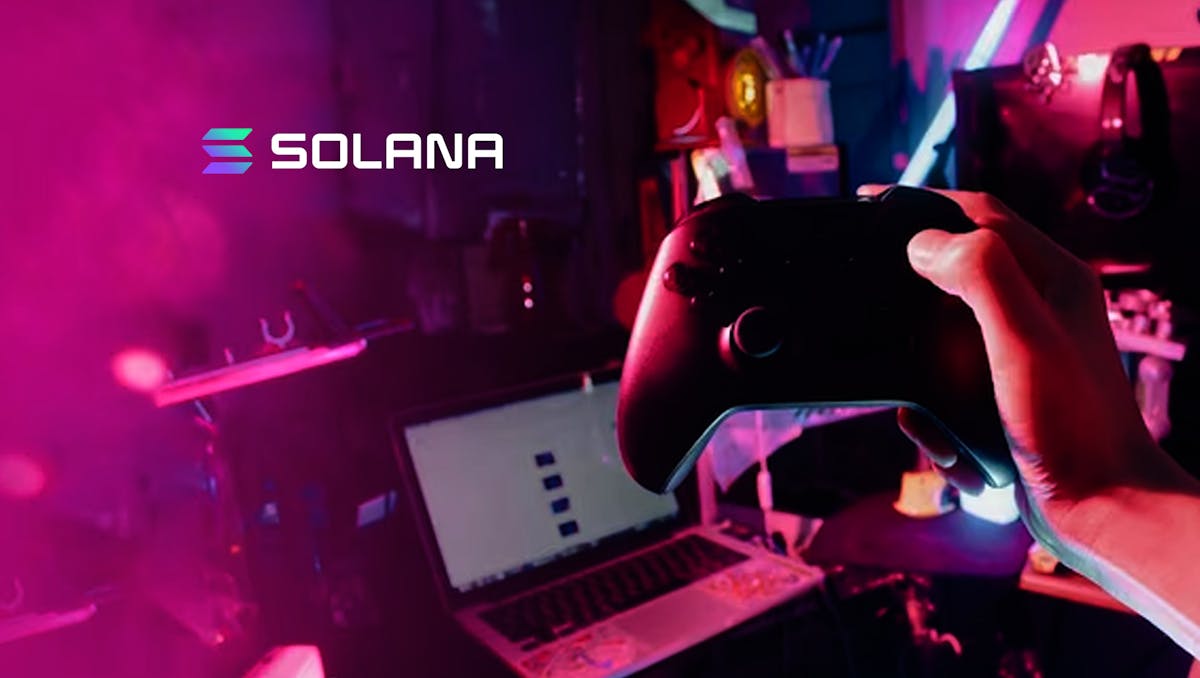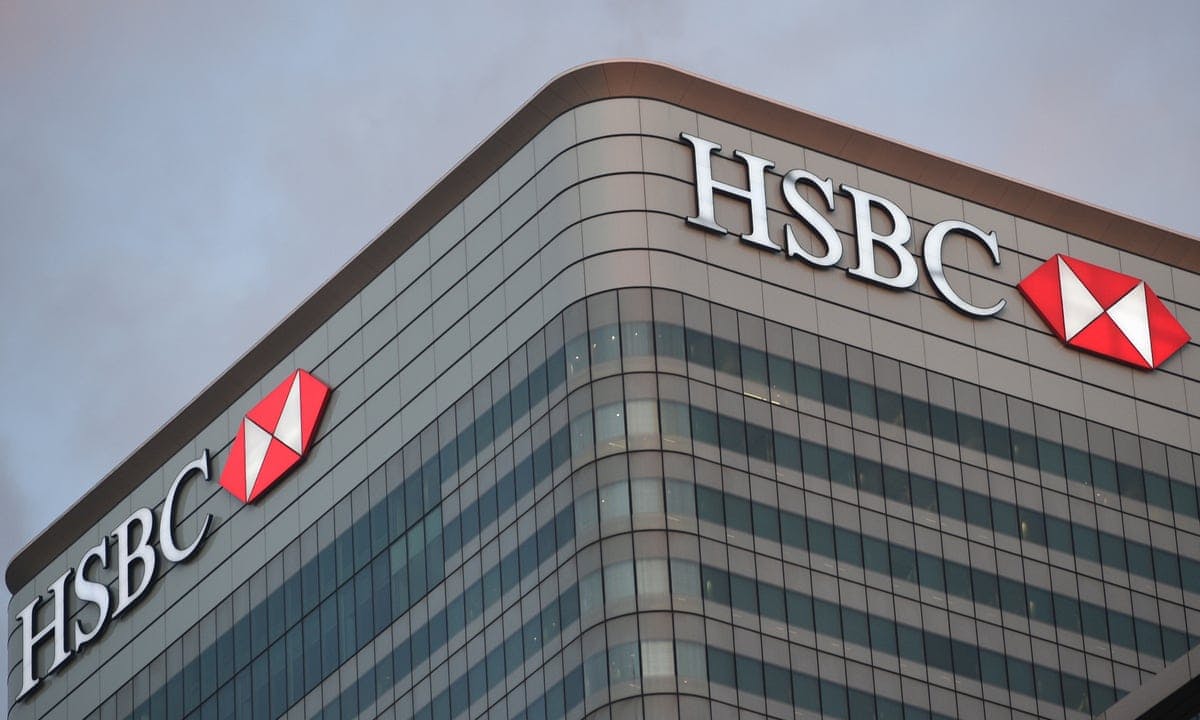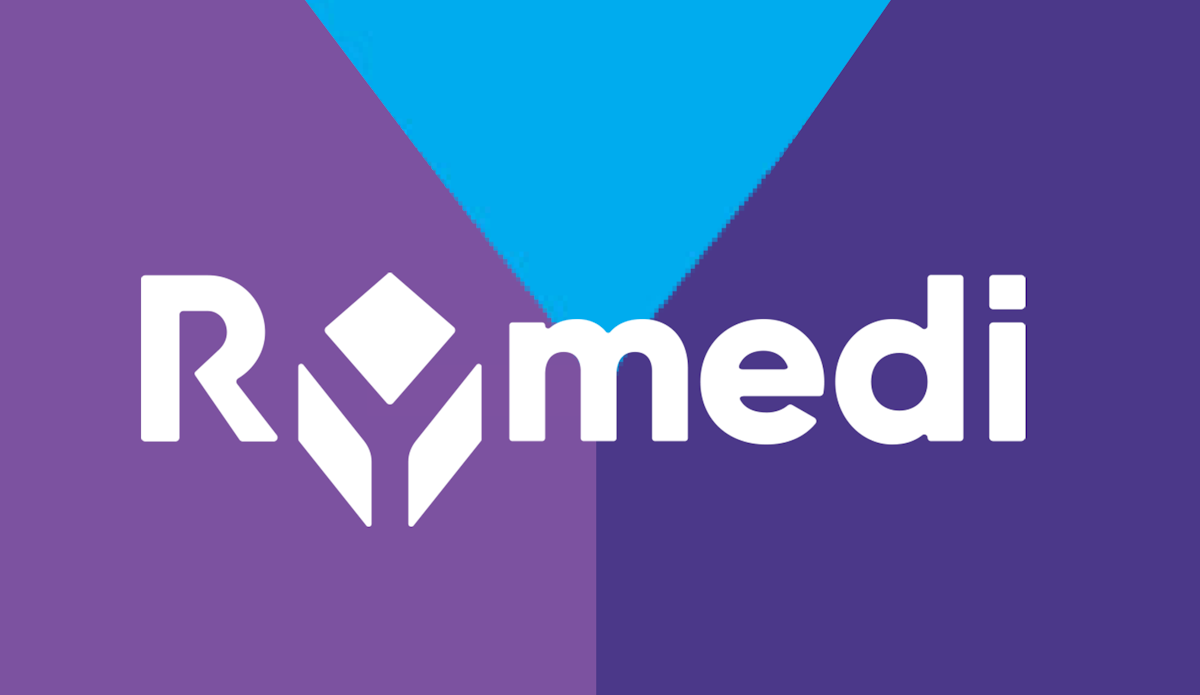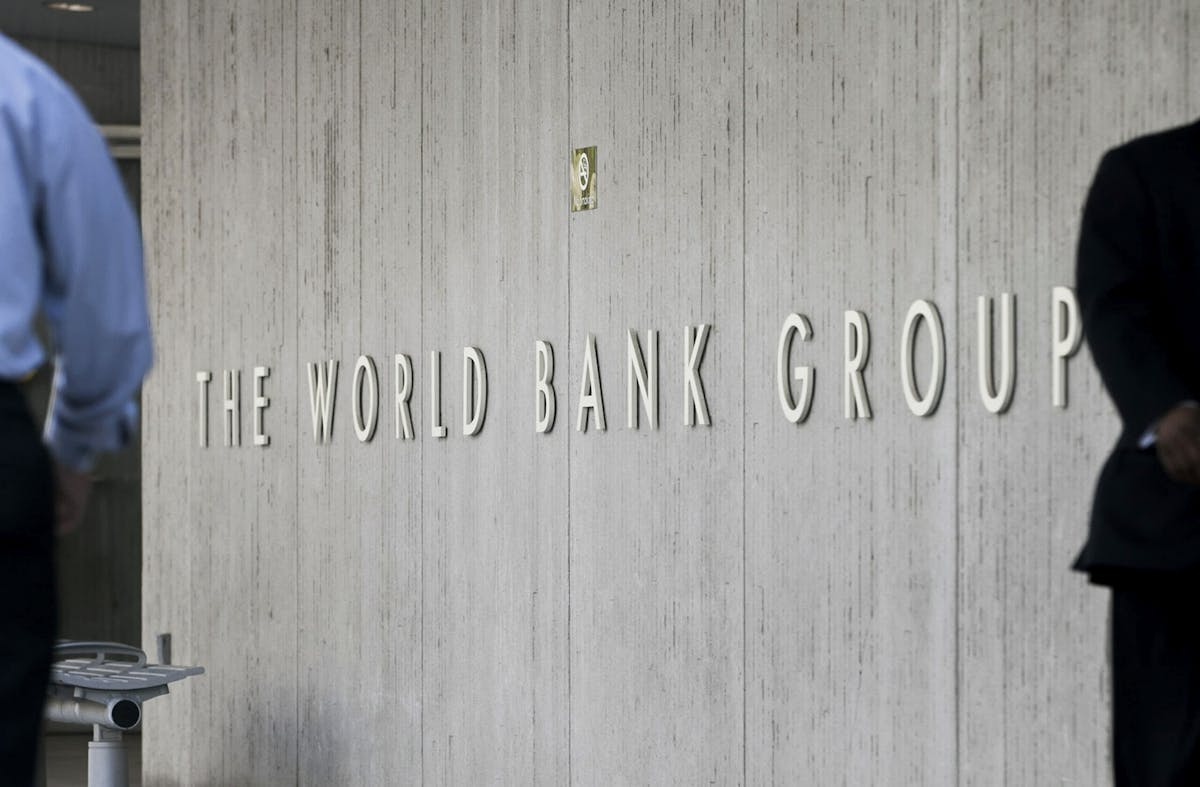Latest Blockchain News
Managing Director of the International Monetary Fund (IMF), Kristalina Georgieva, encouraged the public sector to continue preparing for the future deployment of central bank digital currencies (CBDCs) and related payment platforms.
During her opening speech at the Singapore FinTech Festival, Georgieva emphasized the potential of CBDCs to replace cash, provide resilience in advanced economies, and enhance financial inclusion in underbanked communities. According to Georgieva, CBDCs can coexist with private money as a safe and low-cost alternative.
Georgieva expressed her optimism about the implementation of CBDCs worldwide but said, “We have not yet reached the land,” and there is still much uncertainty. Adoption of CBDCs is nowhere close. But about 60 percent of countries are exploring them in some form today.”
During her speech, Georgieva emphasized the importance of having strong technological infrastructure in CBDC projects and the need for personal data protection. She also suggested that artificial intelligence (AI) could play a role in enhancing national digital currencies.
Georgieva emphasized the importance of cross-border payment support, stating that CBDCs must be designed to facilitate these types of payments, which are currently expensive, slow, and only available to a few. She urged immediate action to ensure that CBDCs are built with cross-border payments in mind.
She also presented the IMF’s CBDC virtual handbook and highlighted the Bank for International Settlements (BIS) role in digital money experiments in the public sector.
The IMF has been actively analyzing necessary crypto regulations. On September 29, it proposed a crypto-risk assessment matrix to help countries spot indicators and triggers of potential risks in the sector. The IMF’s Synthesis Paper, which was jointly prepared with the Financial Stability Board, was unanimously adopted by G20 finance ministers and central bank governors in October.
Fnality, a fintech firm specializing in asset tokenization, has raised nearly $100 million in its Series B funding round.
The investment was led by Goldman Sachs and BNP Paribas, with participation from other major players like DTCC, Euroclear, Nomura, and WisdomTree.
Fnality builds tokenized versions of major currencies that are backed by cash held in central banks. The company raised $95 million in its Series B funding round, enabling it to continue expanding its business and exploring new opportunities in the world of asset tokenization.
DTCC, Euroclear, Nomura, and WisdomTree, among other leading players, participated in the funding round. Some banks that supported the funding round in 2019 also participated in this round. These banks include Banco Santander, BNY Mellon, Barclays, CIBC, Commerzbank, ING, Lloyds Banking Group, Nasdaq Ventures, State Street, Sumitomo Mitsui Banking Corporation, and UBS.
Tokenizing traditional financial assets on public blockchains like Ethereum has recently become an important topic. Previously known as the Utility Settlement Coin project, Fnality is an initiative that aims to provide Delivery versus Payment (DvP) for wholesale banking using shared ledgers.
Rhomaios Ram, CEO of Fnality International, has commented on their recent B Series funding round. He mentioned that the funding round reflects the increasing demand for a blockchain-based settlement solution that central banks back. Their solution aims to bridge the gap between traditional finance (TradFi) and decentralized finance (DeFi) in the financial sector.
Mathew McDermott, who heads the digital assets division at Goldman Sachs, believes that Fnality is playing a significant role in the tokenization trend. He added that Fnality’s blockchain technology provides institutions with a flexible way to use central bank funds for various use cases, including instant cross-border payments, multi-currency payments, collateral mobility, and secure transactions.
Top Blockchain News
Subscribe to UPYO News Newsletter to receive Latest, Breaking and Live Updates on Web3 Space.
